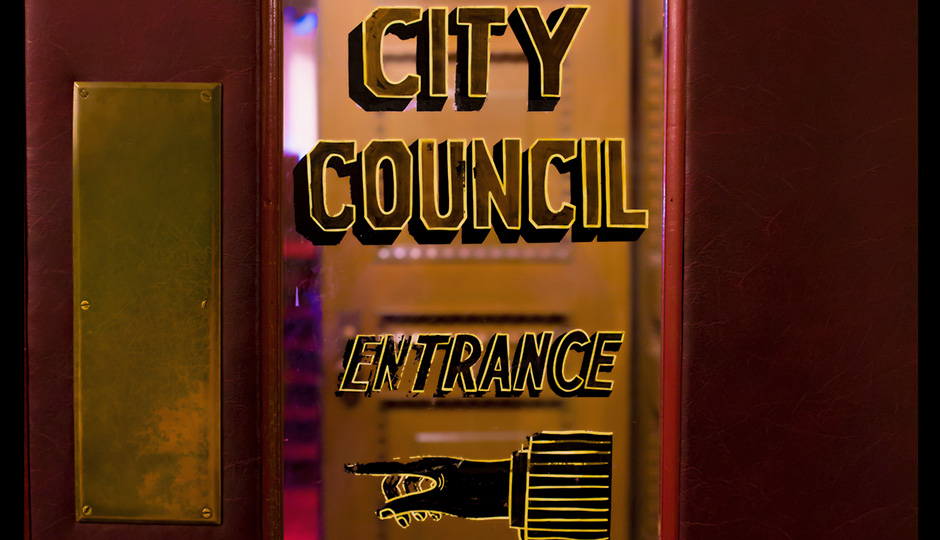Finally, Someone Explained Councilmanic Prerogative
WTF is Councilmanic prerogative?
That’s a question that has been asked by countless journalists, developers, political junkies and people trying to buy city-owned property in Philadelphia for decades. Put simply, it is a potent combination of city law and tradition that gives Council members an astonishing amount of power over land use in their geographical districts. It not only bestows lawmakers with the power to decide whether a large portion of city land should be sold or not, but also whether some bike lanes should be installed and if certain types of businesses should be banned in specific parts of the city.
In fact, it gives those lawmakers the power to shape development in their districts — and who gets to do the developing. Not everyone is always happy with the results: Developer Ori Feibush sued Councilman Kenyatta Johnson in 2014 over his use of Councilmanic prerogative, saying the lawmaker obstructed his plans to purchase two city lots as political retribution. Johnson strongly denied the charge.
The more you learn about Councilmanic prerogative, the more you realize how much you don’t know about Councilmanic prerogative. It’s that pervasive and opaque.
That’s why it’s a big deal that someone finally wrote a definitive guide to Councilmanic prerogative in plain English: On Thursday, the Pew Charitable Trusts released the report, “Philadelphia’s Councilmanic Prerogative: How it works and why it matters.” (Full disclosure: Citified editor Patrick Kerkstra authored the paper along with others. He had no part in writing or editing this story.)
Though the majority of the report is not “news,” per se, it’s an important document for anyone who wants to understand how government works in Philadelphia, as well as those who are interesting in buying land from the city.
It also includes some fascinating findings, including:
- Government watchdogs and newspaper editorial boards tend to loathe the use of Councilmanic prerogative because it is non-transparent. Critics also say that it thwarts development and concentrates a frightening amount of power in one person’s hands. But maybe it’s getting unfairly getting a bad rap. According to the report, the administration might be equally, if not more, to blame for the glacial pace at which sales of city land occur: “The city’s land disposition process rarely moves quickly; even when council approves sales, transactions can take many months or even years to conclude. And there have been relatively few documented cases in recent years of prerogative being used to block land sales permanently.”
- Unfortunately, though, it’s hard to know just how widespread Councilmanic prerogative is because of the city’s poor data.
- Though it might not be as evil as some think, Councilmanic prerogative is still incredibly strong. Pew examined six years of Council legislation involving Councilmanic prerogative. The whole Council did not vote against a district Council member’s wishes in one of them. Of the 730 bills studied, 726 passed unanimously.
- In fact, Councilmanic prerogative has arguably only been made stronger in recent years, through the rewriting of the city’s zoning code, the creation of the land bank, and other legislation, such as a bill that required Council approval of some bike lanes.
- Darrell Clarke, Jannie Blackwell and Maria Quiñones-Sánchez are the Council members who can wield the most power through Councilmanic prerogative. That is because two-thirds of the city’s properties are located within their three districts.
That’s just the tip of the iceberg, though. Read the full report for yourself below:
Philadelphia’s Councilmanic Prerogative
